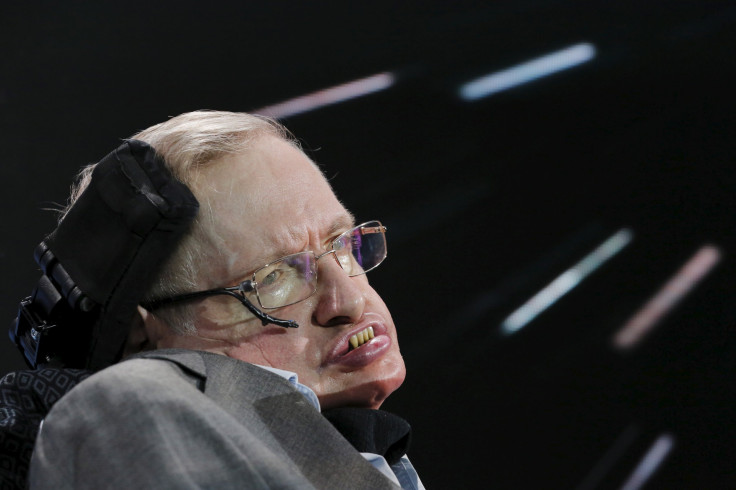When Is The World Going To End? Stephen Hawking Predicts Technology And Human Nature ‘May Destroy Us All’

It always seems as if Stephen Hawking is telling the world things it does not want to hear. The famed physicist has announced his predictions about climate change, artificial intelligence and the end of the world. Now, a recent Hawking prediction revealed that, put simply, human nature coupled with our accelerated leaps in technological advancements could be the perfect equation to end mankind as we know it.
“Since civilization began, aggression has been useful inasmuch as it has definite survival advantages,” Hawking said during an interview with British news outlet The Times Tuesday. “It is hard-wired into our genes by Darwinian evolution. Now, however, technology has advanced at such a pace that this aggression may destroy us all by nuclear or biological war.”
Read: Stephen Hawking Puts An Expiry Date On Humanity
Don't panic. Hawking did say that not all hope was lost, explaining that he still had faith in humankind to use its resources to its advantage.
“We need to control this inherited instinct by our logic and reason,” he added.
Hawking went on to discuss his life and career — the cosmologist and theoretical physicist celebrated his 75th birthday in January — and what the future could have in store in the face of environmental catastrophe and artificial intelligence.
Last fall, Hawking shocked the world by announcing that he predicted that human life only had about 1,000 years left on Earth — and if that we wanted to maintain the race, we needed to colonize other planets, Live Science reported. The downfall, according to Hawking, would come from factors like nuclear weapons, global warming and even certain genetically engineered viruses.
“We need to be quicker to identify such threats and act before they get out of control. This might mean some form of world government,” Hawking mused during the interview with The Times. But a “world government” could have its own setbacks. Nonetheless, the theoretical physicist and author remained upbeat about the world’s outcome.
“I think the human race will rise to meet these challenges,” he said.
© Copyright IBTimes 2025. All rights reserved.






















